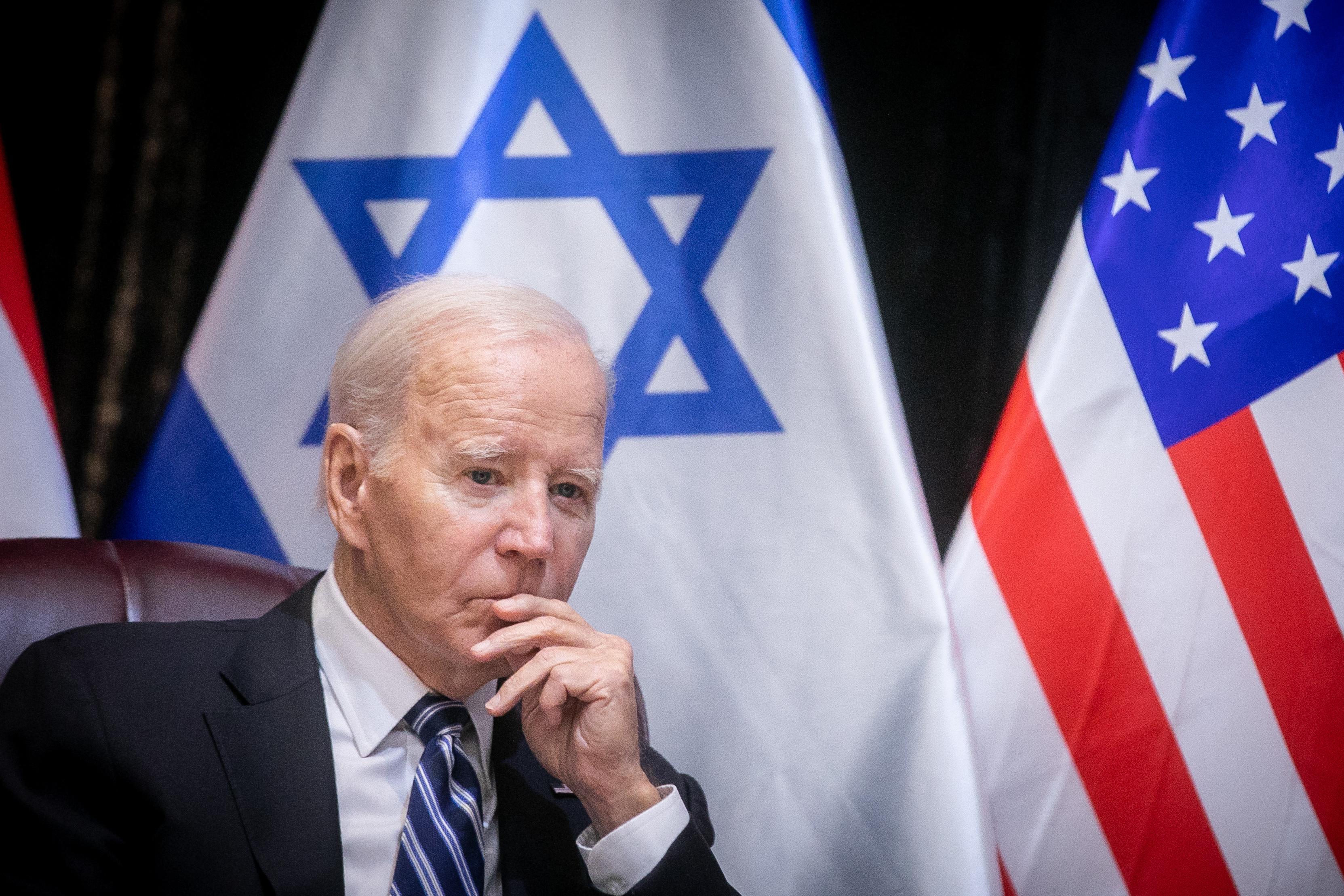Israel-Gaza War, Settlers, Opinion
Anti-Settler Sanctions Send the Wrong Message to Everyone
A small number of violent settlers do not justify a special sanctions regime which could be expanded to pressure Israel into agreeing to a presently existentially threatening Palestinian state.

The October 7th massacre has created a rare political consensus in Israeli society.
Whether on the political right, left, or center, there is a widespread understanding that a Palestinian state poses an existential threat to the State of Israel. Contrary to Western platitudes, Hamas does indeed represent a significant majority of Palestinian society. Even the ostensibly moderate Fatah has denied, minimized, celebrated and encouraged Hamas' slaughter, with the Palestinian Authority set to pay Hamas' fighters and their families.
In such a reality, a Palestinian state would all but guarantee a repeat of October 7th in Israel's main cities, only a few kilometers away. Despite this, many in the international community has concluded that this is precisely the time to pressure Israelis into reviving the "two state solution".
On February 4th, US President Joe Biden took the unprecedented step of issuing sanctions against four Israeli citizens accused of violence against Palestinians in Judea and Samaria. In December, the US and the UK announced a travel ban on settler extremists. Canada, the UK and the EU are contemplating expanding the sanctions regime.
In his executive order, Biden stated that settler violence "undermine[s] the foreign policy objectives of the United States, including the viability of a two-state solution and ensuring Israelis and Palestinians can attain equal measures of security, prosperity, and freedom."
While sanctions are currently limited to four individuals, it is likely that Biden and other leaders will face internal pressure to expand the sanctions to Israeli right-wing politicians or even military commanders defending settlements.
Certainly, Israeli extremists that target Palestinians must be dealt with to the full extent of Israeli law.
However, sanctions against Israeli petty criminals create a false equivalence with Hamas terrorists, also the target of American and international sanctions. Hamas is a highly coordinated organization, which enjoys high-level Iranian, Qatari and Turkish patronage, and which until recently served as the de facto government of the Gaza Strip. It is responsible for the murder and maiming of thousands of Israelis, among them American citizens.
By contrast, "settler violence" is a sporadic phenomenon, carried out by opportunistic thugs, absent any coordination or organization. While reprehensible, settler lawlessness is largely confined to harassment and vandalism, carried out by a few individuals out of the total half-million Jews living beyond the Green Line.
Of course, settler violence pales in comparison to the scale of Palestinian terror. According to the Israeli Shin Bet, 2023 saw an average of 200 terrorist attacks per month, with 50 Israelis murdered (not including the October 7th attack). Whatever one's position on Israeli settlements, it is misguided to lump a few Israeli hoodlums in with the much larger problem of Palestinian terrorists.
Settler thugs justifiably do not elicit much support even from Israel's supporters. However, Israel and its allies must mobilize against the sanctions regime lest it become a tool to punish Israeli "two state" realists. Israel's leadership may find itself under intense pressure to make dangerous security concessions for fear of being locked out of American and international financial systems.
The renewed push for a Palestinian state while Palestinian society continues to glorify and perpetrate mass slaughter against Jews is misguided and a recipe for more bloodshed. In the wake of the greatest attack on Jews since the Holocaust, sanctions and international pressure must be applied to Palestinian terrorists and their enablers, not Israelis who clearly recognize the danger.
Avraham Russell Shalev is a lawyer and researcher in the Kohelet Policy Forum's legal department.